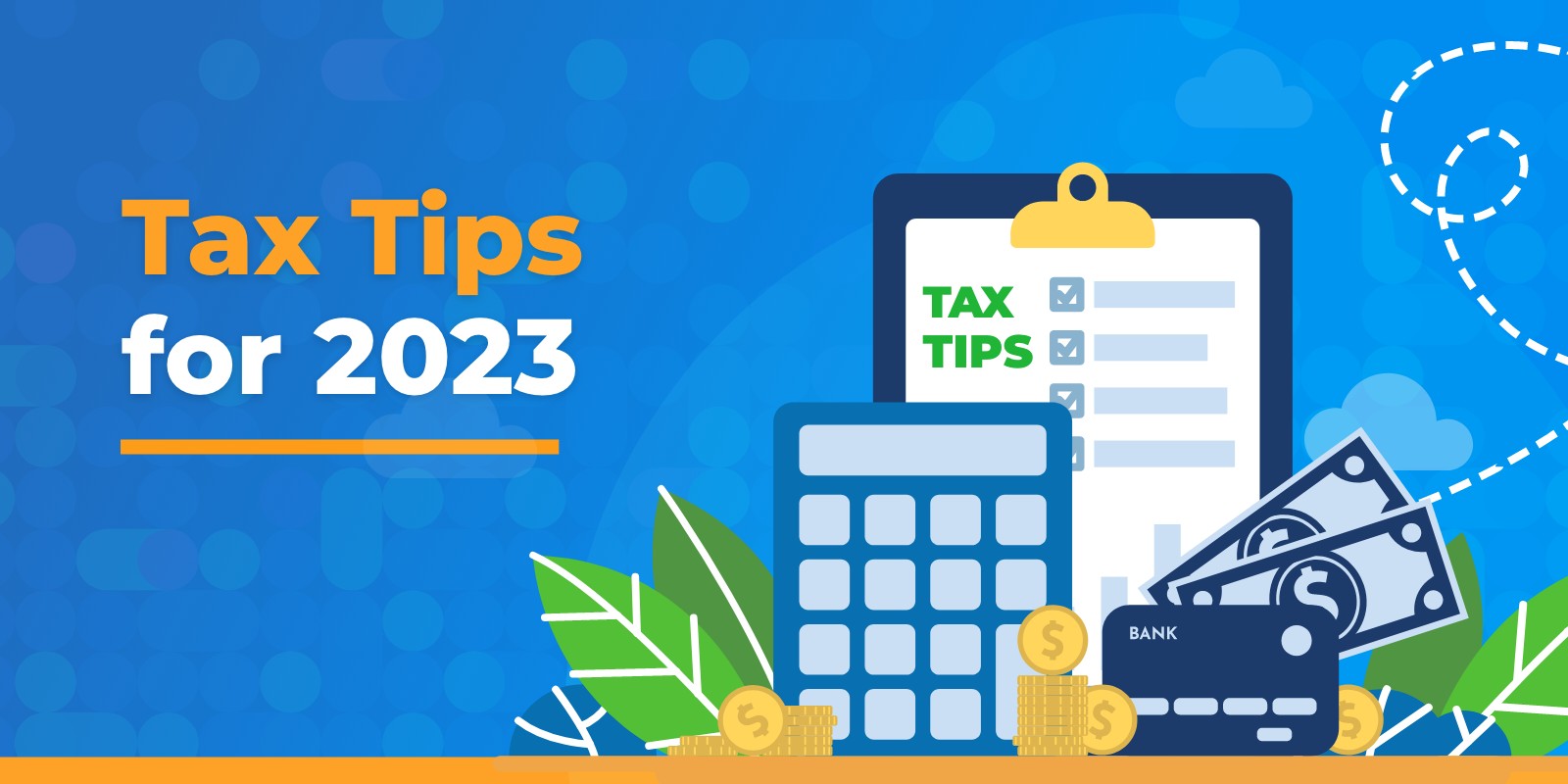
The 2023 tax filing season will be different than the past few years. That said, getting prepared early can help make the process much easier. Some of the changes expected in 2023 could affect tax bills, which in turn could affect tax refunds. Here are some tax tips for 2023.
Wait for Form 1099-K Before Filing
Perhaps the most notable change for tax year 2022 is the reporting rule change for Form 1099-K. The form reports all funds received through third-party payment networks like Venmo and PayPal. With the rise of small businesses and gig work, a large number of taxpayers are expected to receive this form. This is especially since the reporting threshold has changed. Prior to the American Rescue Plan Act of 2021, Form 1099-K was not sent out unless a taxpayer collected more than 200 transactions valued at an aggregate above $20,000. Now, that threshold has dramatically decreased to just $600. 1099-Ks must be sent out by January 31, 2023, which would make filing at the end of February or early March ideal for taxpayers. The IRS is urging everyone to wait until they receive these forms before filing. Failing to include this income can have serious, negative consequences.
Consider Changes to Tax Credits
Another major change for tax year 2022 is the end of expanded pandemic-era tax credits. Some of these credits, including the Child Tax Credit (CTC), Earned Income Tax Credit (EITC) and Child and Dependent Care Credit will return to pre-COVID levels. For example, the expanded CTC which previously granted $3,600 per dependent in 2021 will be reduced to $2,000 for the 2022 tax year. In 2021, eligible taxpayers without children received about $1,500 for the EITC but that amount will drop to about $500 for 2022. The Child and Dependent Care Credit is returning to a maximum of $2,100, down from 2021’s maximum of $8,000. These changes can drastically affect tax refunds so taxpayers should plan accordingly.
Check Eligibility for a Clean Vehicle Credit
The Inflation Reduction Act of 2022 amended the Qualified Plug-in Electric Drive Motor Vehicle Credit, also known as the Clean Vehicle Credit. If you purchased a new electric vehicle after August 16, 2022, you may be eligible for a tax credit. To qualify, your purchased vehicle must have finished assembly in North America. You can check the Department of Energy’s list of approved vehicles. If you purchased an electric vehicle before August 16, 2022 but did not take possession of the vehicle until on or after August 16, 2022, you may still claim the credit. In this scenario, the final assembly of your vehicle does not need to be in North America. The credit is worth up to $7,500.
Tax Relief for Taxpayers
Steps can and should be taken to prepare for 2023 tax filing season. These new changes can result in a more stressful tax season. Working with a qualified and dedicated tax professional can help ease the process. Optima Tax Relief has a team of dedicated and experienced tax professionals with proven track records of success.
If You Need Tax Help, Contact Us Today for a Free Consultation